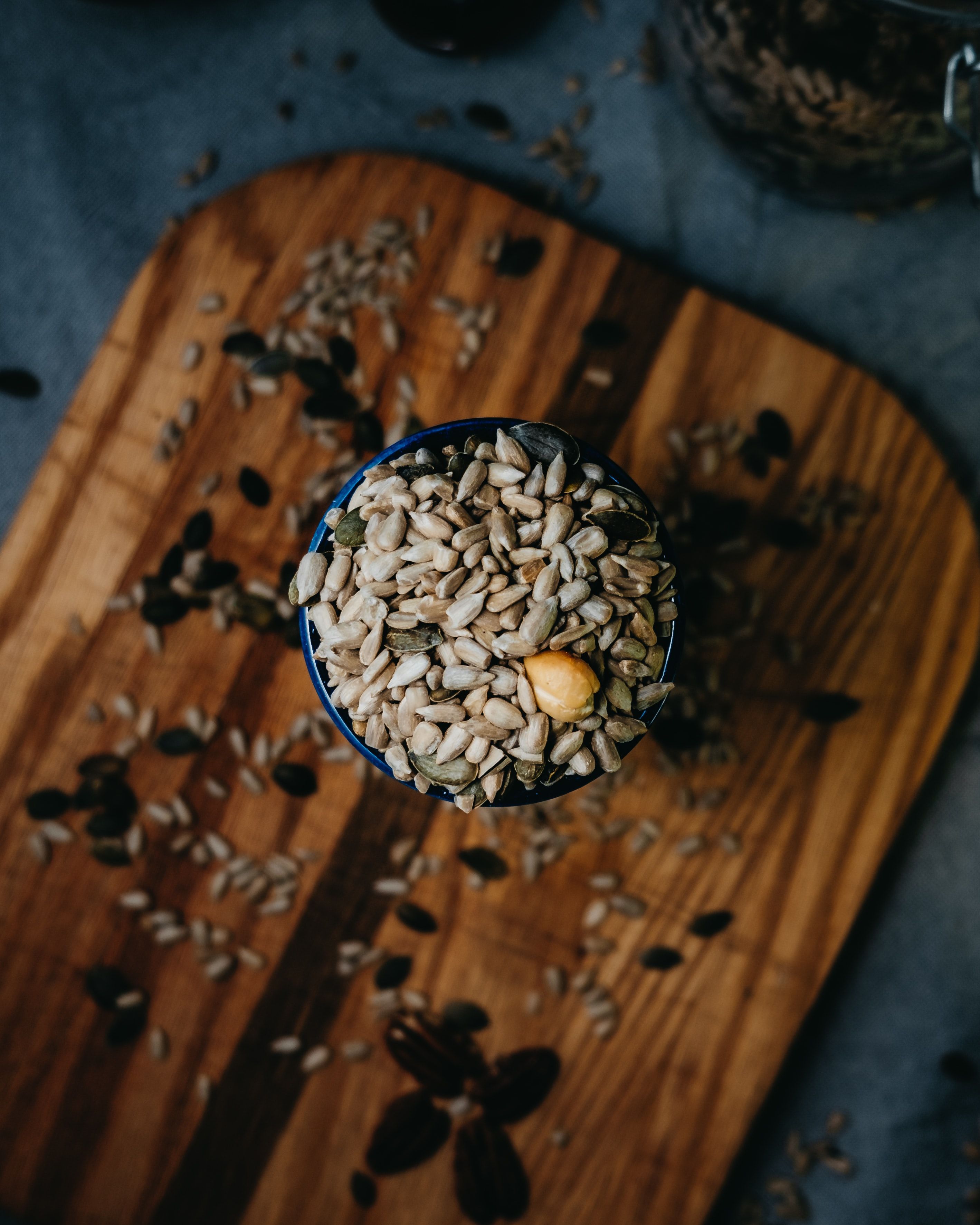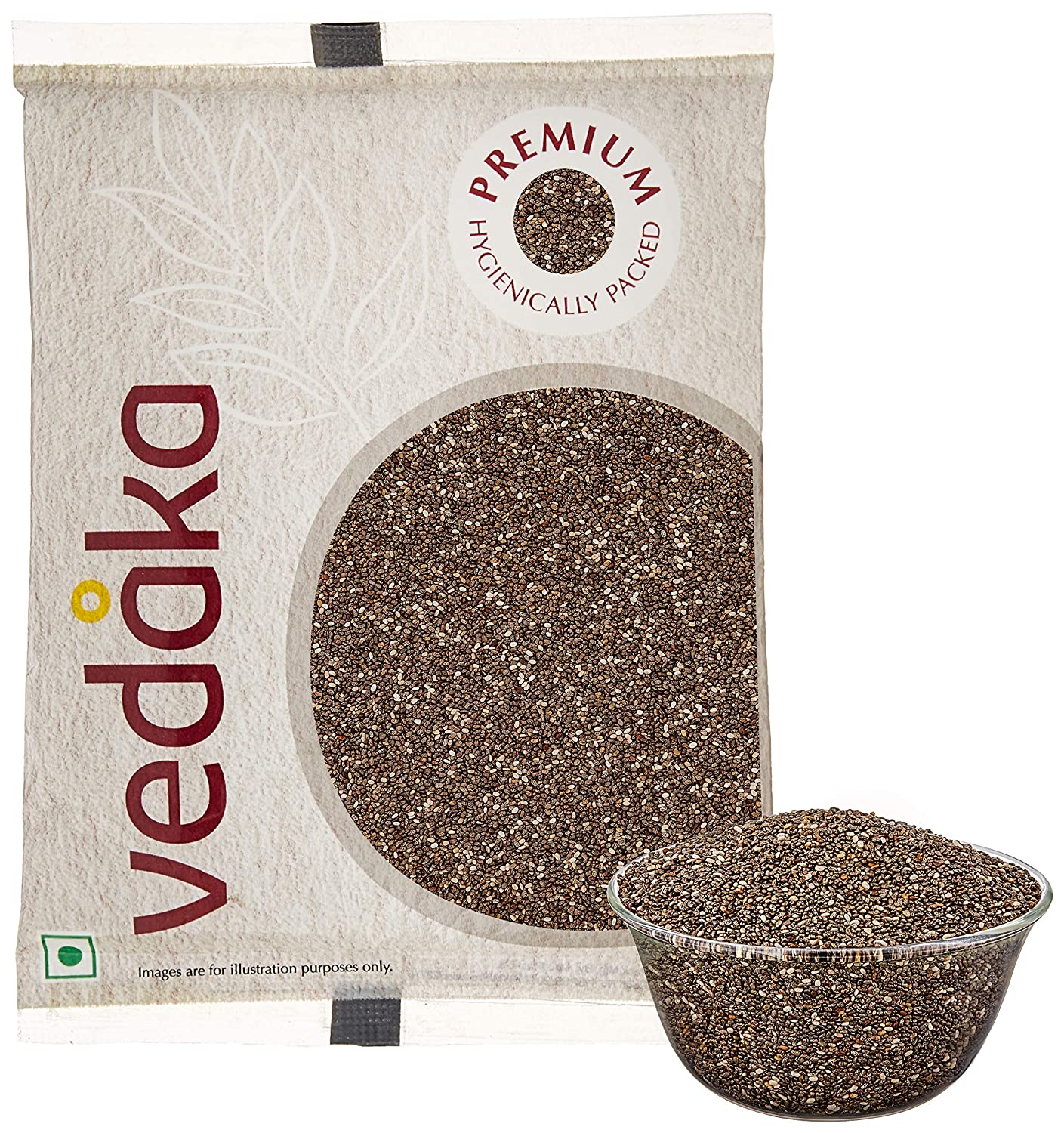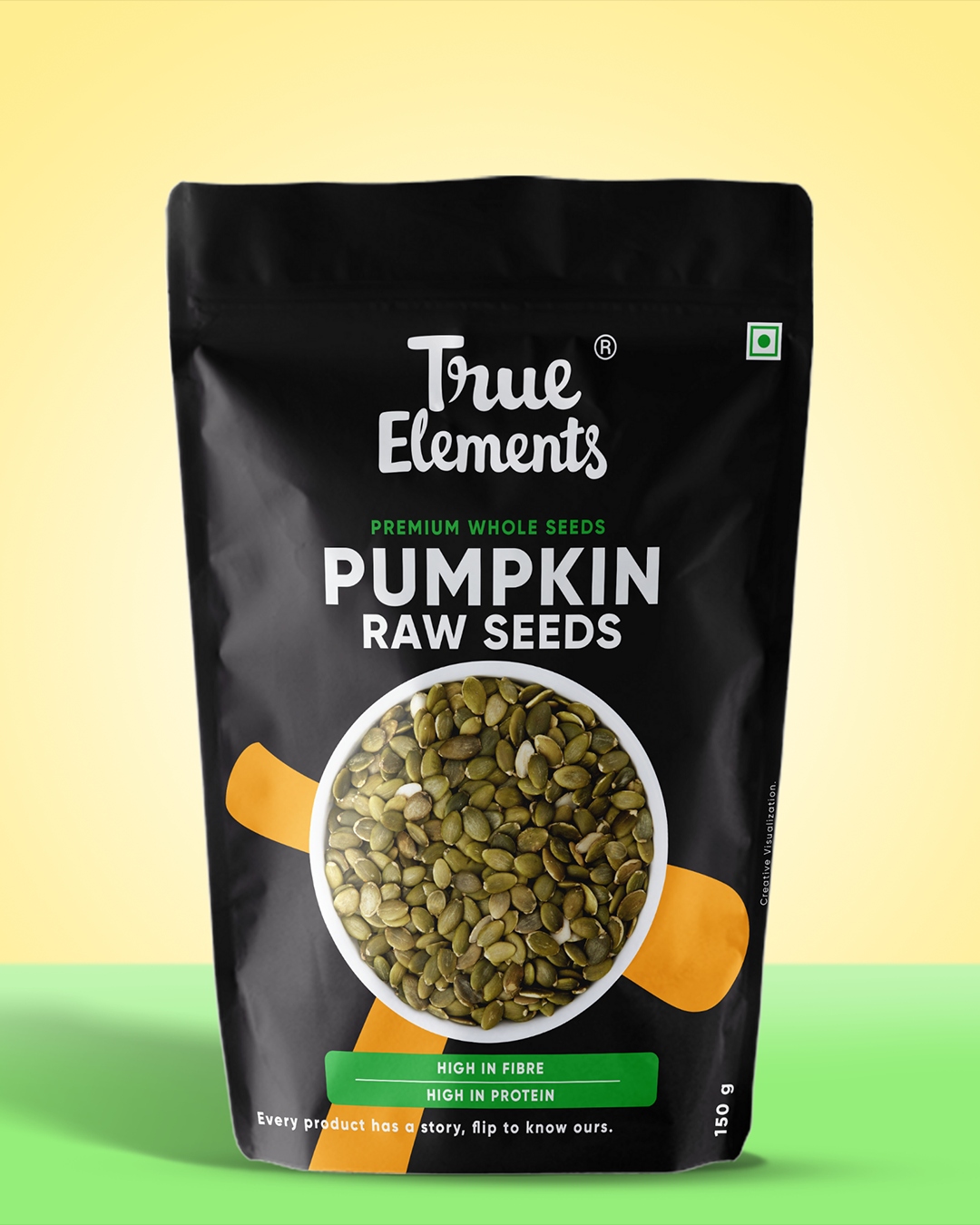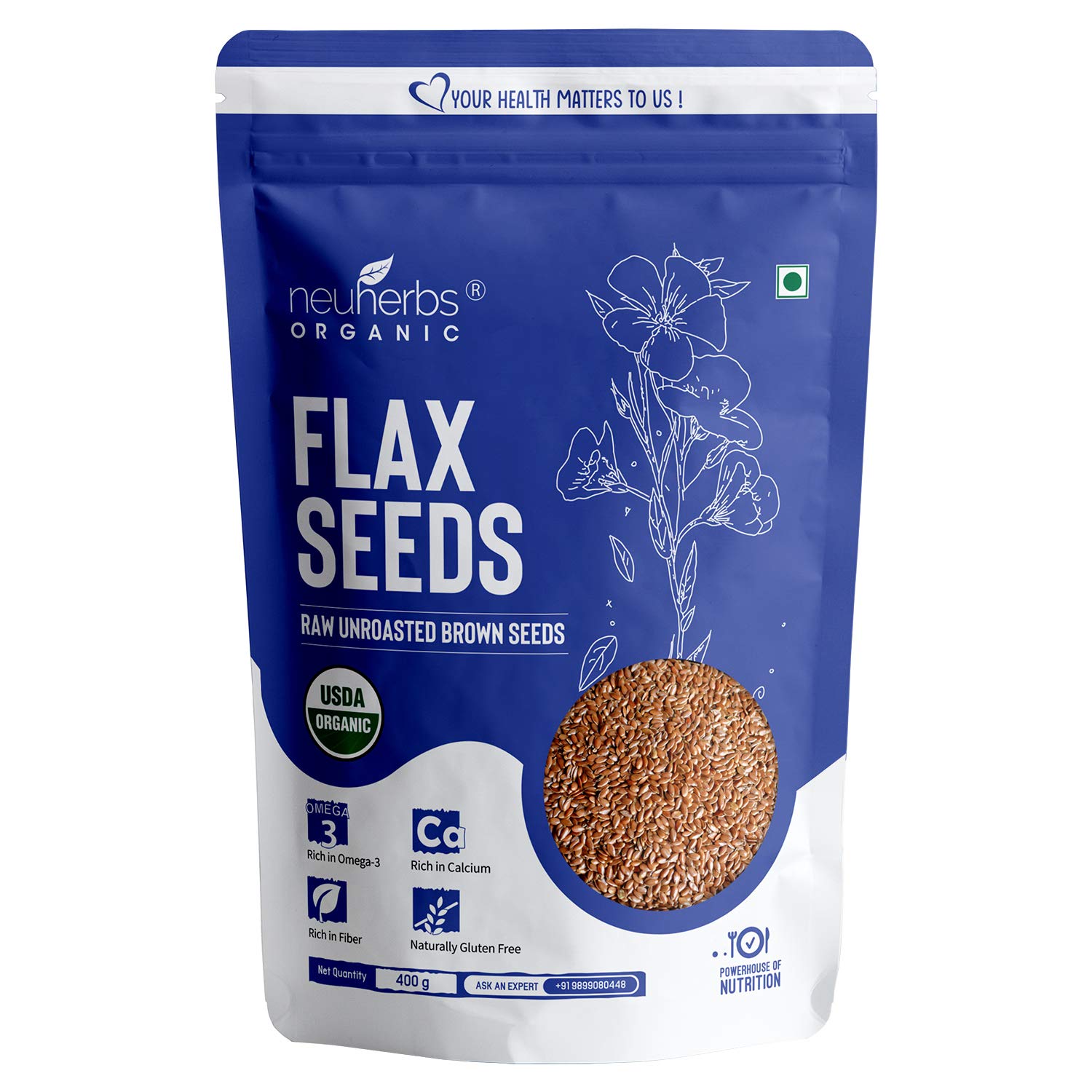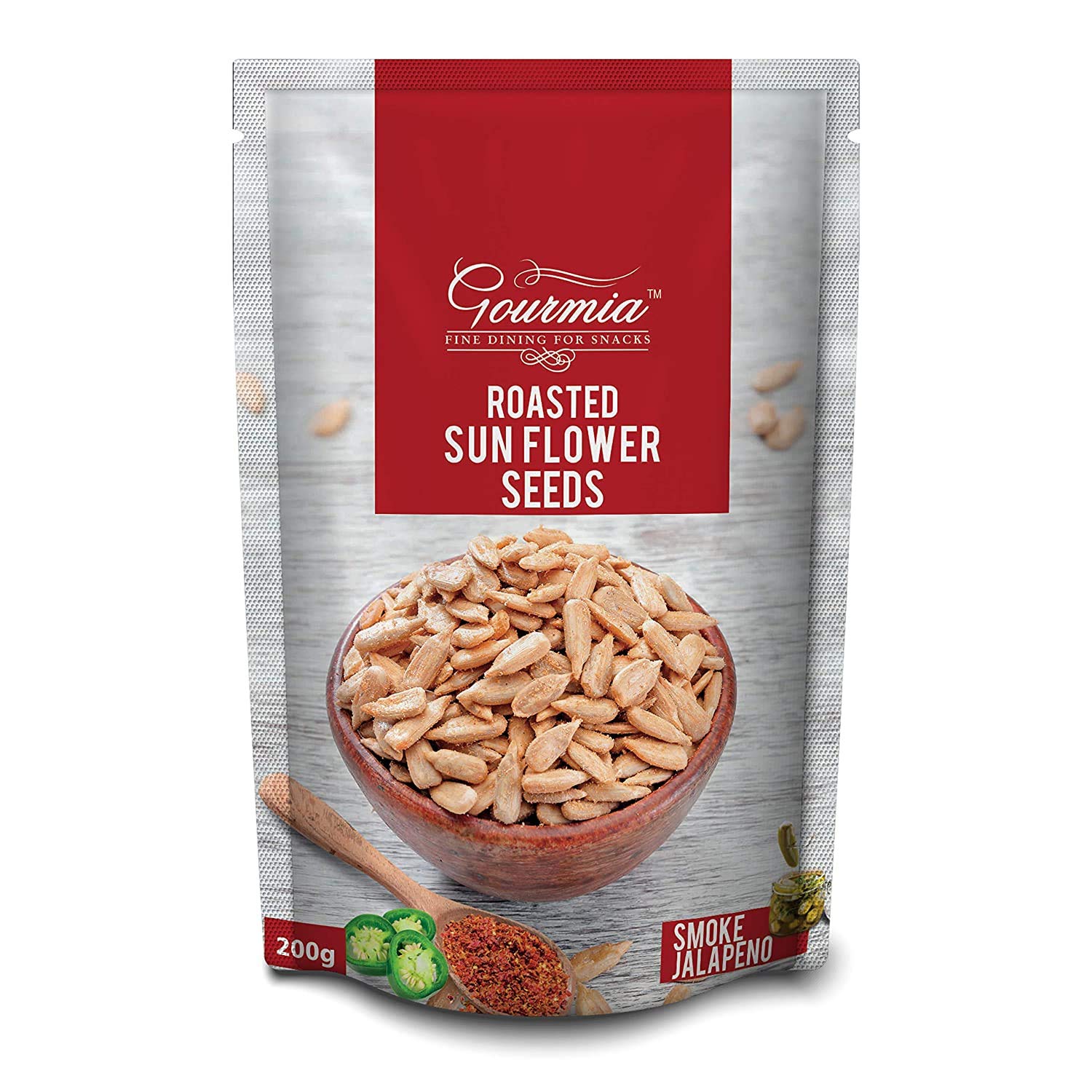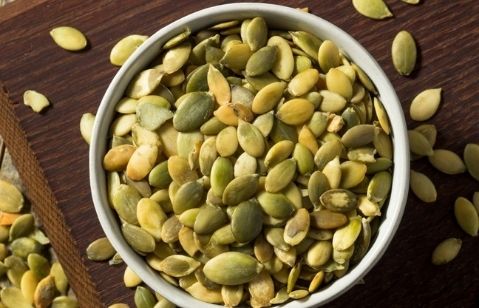Published Date January 24, 2003
PCOS and Pregnancy
By Arpita Sudev
4 min read
Last update date: January 24, 2003
All about carbohydrates, protein, fruit and vegetables, PCOS and PCOD.

Polycystic ovarian syndrome (PCOS) is a very common hormonal condition in women. Many women suffering from PCOS might struggle to conceive and also are at a greater risk of developing complications during pregnancy. But by managing PCOS, women can conceive a healthy child.
PCOS is associated with an increased risk of miscarriage, gestational diabetes mellitus, hypertensive disorders of pregnancy, and preterm delivery.
What is PCOS?
It is a condition where the ovaries produce higher levels of male hormones (androgens). This actually affects the menstrual cycle and fertility in females.
Some common symptoms might include:
- Acne
- Weight gain
- Irregular menstrual cycle
- Insulin resistance
- Infertility
- Excessive body hair
- Thinning or balding head hair
It affects almost 4% to 12% of women of their reproductive age. The lack of well-defined diagnostic criteria makes it difficult to identify this common disease. Sometimes women who think they are having trouble getting pregnant, find that they have PCOS.
If you doubt you have PCOS, it is important for you to see a doctor, and find the actual cause of your symptoms. If it gets diagnosed early, your PCOS can be managed and treated fairly easily.
PCOS and Infertility
PCOS and infertility are connected because, in PCOS, high levels of male hormones are produced by the ovaries that prevent the release of an egg (ovulation). One can improve the chances of concieving by:
- Following a healthy diet
- Maintaining a healthy weight
- Exercising regularly
- Monitoring ovulation
Most women can find a solution to PCOS by making lifestyle changes and infertility treatments. Get into the habit of choosing healthier food and being more active.
Switch out sugary foods, simple carbs, and unhealthy fats for healthier alternatives including fresh and cooked fruit and vegetables, whole grains, beans, lentils, chicken, and fish (foods high on complex carbohydrates, protein, and antioxidants).
If medications don’t prove impactful then surgery might be suggested by your doctor wherein a tiny amount of tissue will be removed that produces excess male hormones from the ovaries or some fertility medications will be prescribed to help you ovulate.
IVF (In vitro fertilization) offers the best chance of conception but it is an expensive process and experts consider it a last resort.
PCOS and Pregnancy
Suffering from PCOS can increase the risk of complications such as:
- Premature birth
- Miscarriage
- Gestational diabetes
- High blood pressure
Women with PCOS almost always require a cesarean delivery because their babies can be larger than normal for their gestational age.
If a baby is born to a woman with PCOS, then the baby might have a higher possibility of dying around the time of delivery or might need to get admitted to a newborn intensive care unit. These risks can be reduced by monitoring your PCOS symptoms and also by taking extra care during your pregnancy.
PCOS and Nutrition
Focusing on whole grains, fruits, vegetables, lean protein foods, low-fat or fat-free milk, cheese, and yogurt can help you to manage both your weight and your blood sugar.
Seeds cycling, also known as a seed rotation diet, is a natural medication for regulating women’s reproductive hormones. It is believed to be very effective against irregular menstruation cycles and Polycystic Ovarian Syndrome (PCOS).
Seed cycling reviews suggest that it is used to remedy infertility and symptoms of menopause like hot flashes and fatigue. Take 2 tablespoons of seeds like pumpkin, flax, chia, sunflower, and sesame seeds. These seeds have hormone-regulating properties and can help maintain estrogen and progesterone levels in the body. Women should ideally make a seed cycling chart as per the following two phases of the reproductive cycle:
Follicular Phase: Estrogen secretion is high during this period. You must eat one tablespoon of pumpkin, flax, and chia seeds. Continue this daily, from the first day of your periods until you start ovulating. This phase is approximately 2 weeks long for most women.
Luteal Phase: Most fertile phase. The follicle releases the egg and awaits sperm for fertilization. Estrogen and progesterone are secreted in high quantities to support the fertilized egg. It begins from day 1 of ovulation and ends with the start of your periods. Eat one tablespoon of sunflower and sesame seeds per day till the specified period. It also lasts for approximately 2 weeks.
Takeaway
In a nutshell, PCOS is a serious disorder that impacts many aspects of life yet it is severely underdiagnosed, misdiagnosed, and under-recognized by healthcare providers. Fifty percent of cases are going undiagnosed or misdiagnosed.
PCOS in pregnancy is associated with a significantly increased risk of adverse pregnancy resulting in fetal, and neonatal outcomes. A healthy diet and exercise would significantly help you to modify your lifestyle to maintain healthy body weight.
References
- https://www.webmd.com/infertility-and-reproduction/polycystic-ovary-syndrome-fertility
- https://www.pregnancybirthbaby.org.au/pcos-and-pregnancy
- https://clinicaltrials.gov/ct2/show/NCT00719186
- https://www.nhs.uk/conditions/polycystic-ovary-syndrome-pcos/treatment/
- https://www.healthline.com/health/pregnancy/pcos#:~:text=If%20you're%20diagnosed%20with,who%20don't%20have%20PCOS.
Keep reading

PCOS and PCOD. Do you really know the difference?
All about fatigue, PCOD and PCOS.
By Naurin Ansari

Caffeine and Health: Navigating Sensitivity and Intolerance
It's also worth mentioning that as people age, their ability to metabolize caffeine slows down, so it may take longer for caffeine to be eliminated from the body and its effects can last longer.
By Naurin Ansari

Food and Inflammation
Inflammation is the primary immune response when your body has been exposed to an injury or a foreign particle (that the body cannot recognize), by sending out the inflammatory cells along with cytokines (stimulating the production of inflammatory cells) ... 
By Hetvi Shah
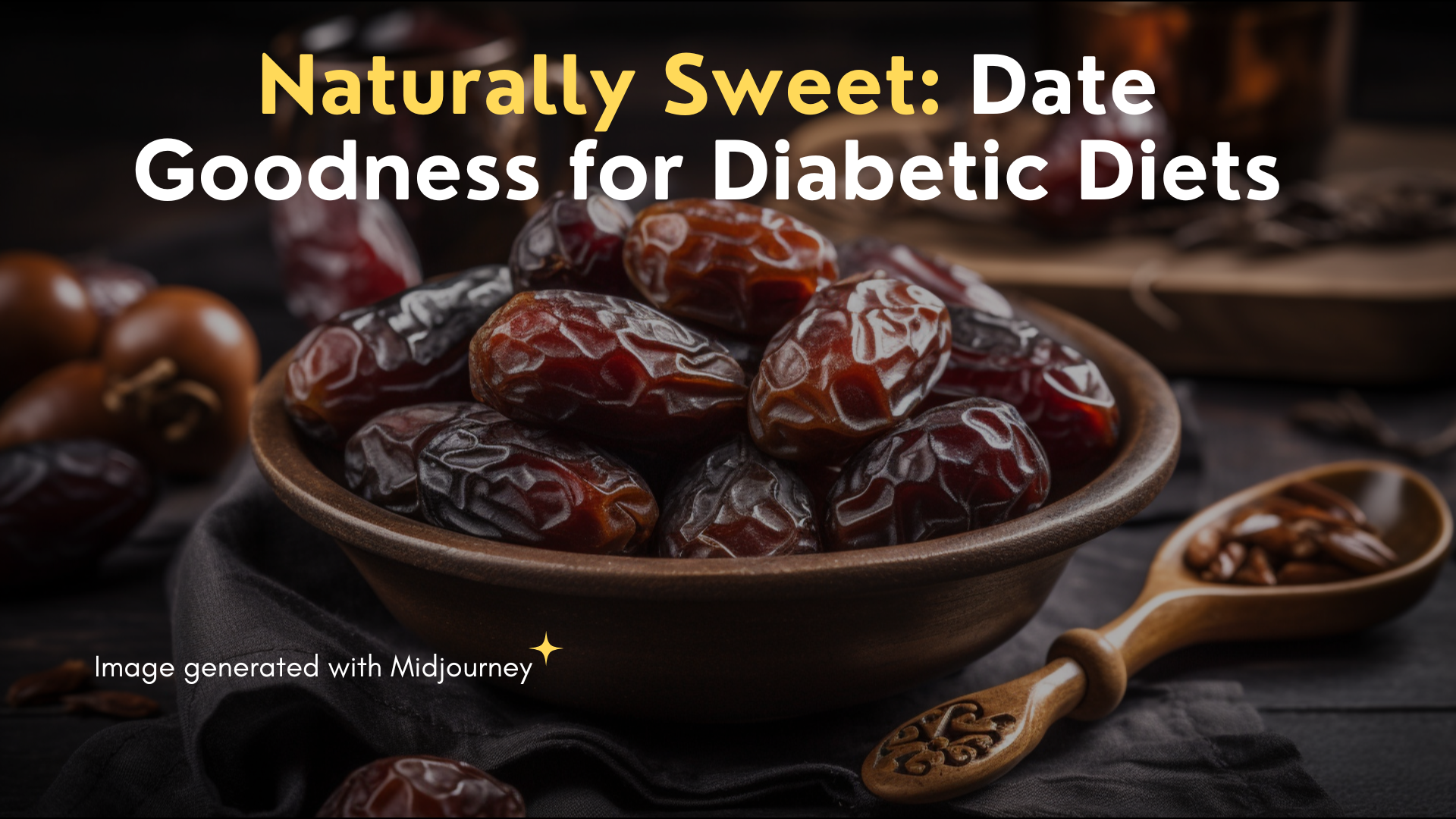
Dates and diabetes
By Hetvi Shah
Related Items
Choose Healthy With Us.
Know the real truth about your food. Stay informed and healthy, for free.

Download the App Now
Certified nutritionists trust our food recommendations. Safe to say, so can you :)




